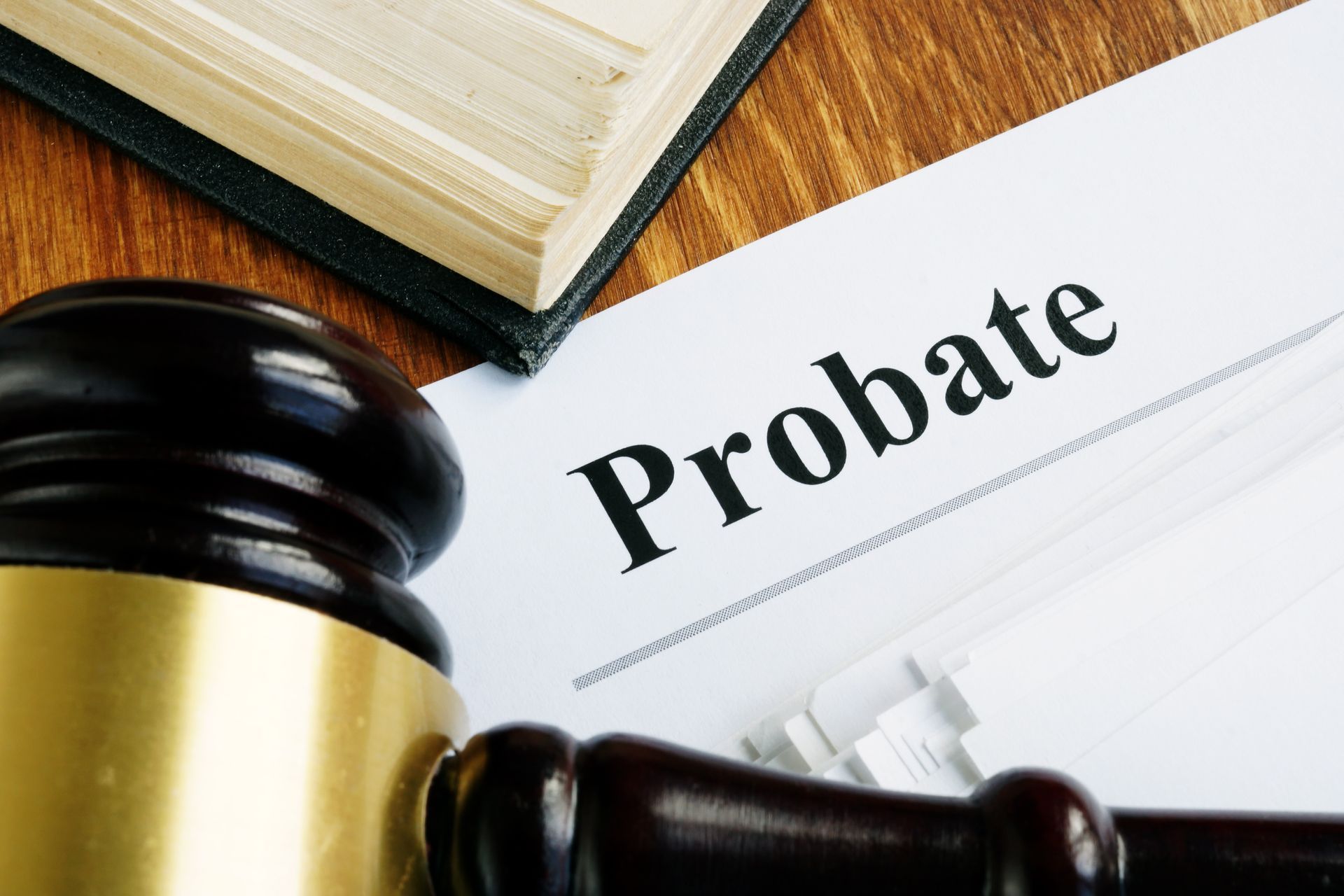Checklist for What to Do After the Death of a Loved One in Illinois
Losing a loved one is never easy, and navigating the process after their passing can be overwhelming. In times of grief, it's important to have a checklist of what needs to be done to ensure that everything is taken care of properly. If you're an Illinois resident who has recently lost a loved one, this blog post will provide you with a comprehensive checklist for what to do after their death. From informing family and friends to contacting a funeral home and arranging for a funeral, we'll cover all the essential steps you need to take during this difficult time.
Inform Family and Friends
The first step after the death of a loved one is to inform immediate family members and close friends. This can be an emotionally taxing task, but it's important to ensure that everyone who needs to know is aware of the situation. Reach out personally or designate a trusted family member or friend to help spread the news.
Contact the Funeral Home
Once your family and friends have been informed, the next step is to contact a funeral home. Funeral homes are experienced in handling all aspects of funeral arrangements and can provide guidance on what needs to be done next. They will help you navigate through the process of planning a service, choosing burial or cremation options, and handling all necessary paperwork.
Arrange for a Funeral
Planning a funeral can be overwhelming, but having the support of a funeral home can make the process much smoother. When arranging for a funeral, consider your loved one's wishes if they were known, as well as your own preferences. Decide on details such as the location of the service, whether there will be viewing or visitation hours, and any special touches that would honor your loved one's memory.
How Can an Attorney Help?
During this challenging time, it may be beneficial to seek legal advice from an attorney who specializes in estate planning and probate law. An attorney can assist you in navigating through legal matters such as handling the deceased's estate, distributing assets according to their will (if applicable), settling debts and taxes, and ensuring that all legal requirements are met.
Seek Support
Finally, don't hesitate to seek emotional support from friends, family members, or professional counselors during this grieving period. Losing a loved one is never easy, but having a strong support system can help you cope with your emotions and navigate through the practical aspects of dealing with their passing.
Losing a loved one is undoubtedly one of life's greatest challenges, but having a checklist of what needs to be done after their passing can help alleviate some stress during this difficult time. By informing family and friends, contacting a funeral home, arranging for a funeral service that honors your loved one's memory, and seeking legal advice when needed from an attorney specializing in estate planning laws in Illinois, residents can ensure that everything is taken care of properly while focusing on honoring their loved one's legacy.










